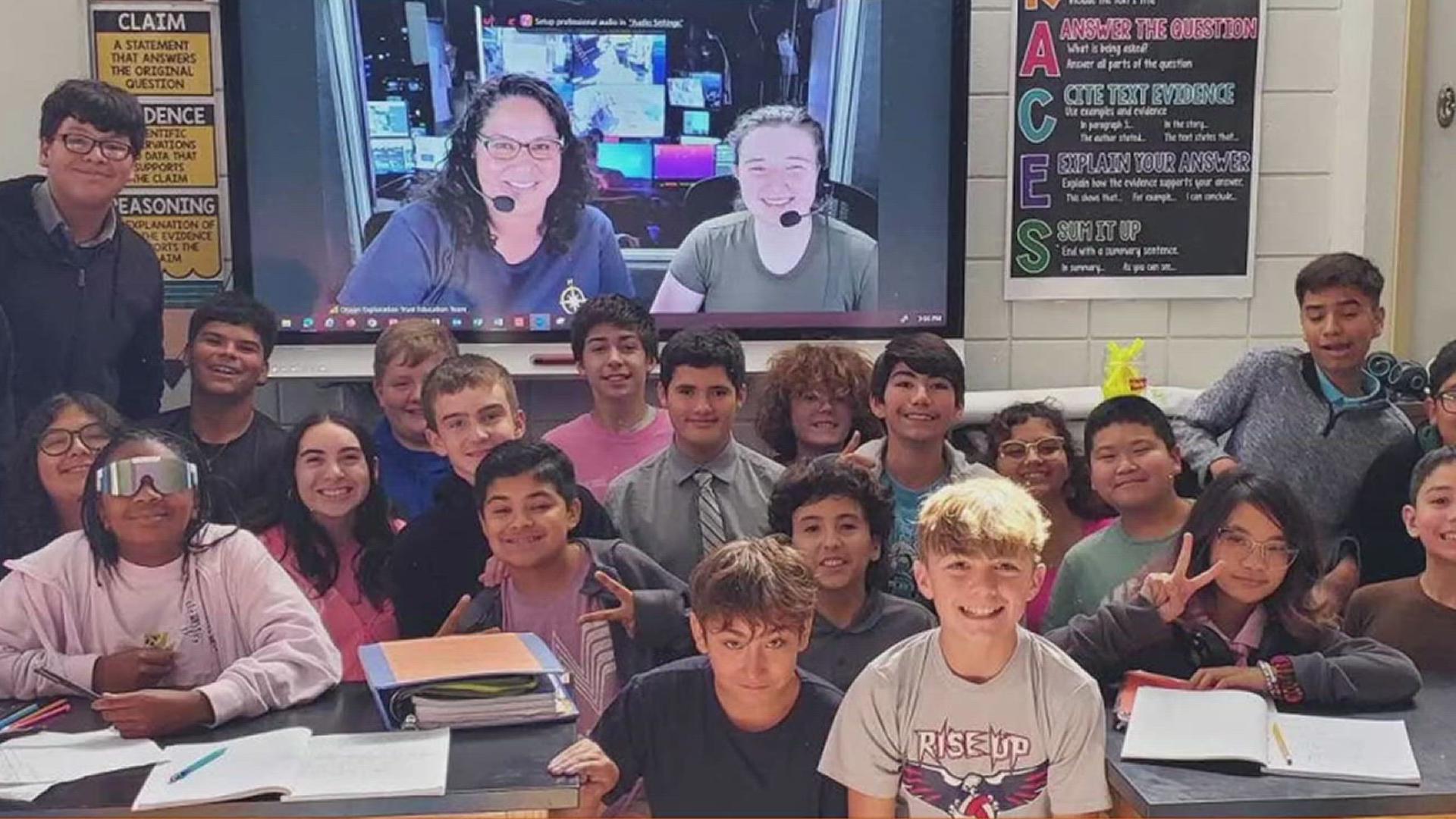CORPUS CHRISTI, Texas —
Did you know that only about 8% of the STEM workforce in the U.S. is made up of Hispanic professionals? And get this - only 3% of those are women.
Dr. Surada Nañez-James is part of that 3%. She is the founder and CEO of the Gulf Reach Institute, a local non-profit dedicated to providing stem education for youth in the Gulf and beyond.
As a minority in the STEM field, she says she's faced adversity. But now she's using her passion for the gulf and ecological studies to give the next generation of not only young Hispanics, but all students a shot at pursuing the stem job of their dreams.
"I always wanted to be a marine biologist since I was 12. We didn't have much growing up,” Nañez-James said. “I'm from San Antonio originally, and my uncle would take us to Corpus. That was my first exposure really to the ocean and to the gulf."
Those early memories are what pushed Nanez-James to pursue a career as a marine ecologist.
She received her bachelor's degree from Texas A&M University at Galveston, and her master's and PhD degree from Texas A&M Corpus Christi.
It was in her PhD program where she met her first ever Hispanic mentor, Dean Dr. Diana Marinez.
"She was the first one who really kind of took me under her wing,” she said. “It was great to be able to have somebody who looked like me, who knew some of the challenges, but also had overcome a lot of the challenges and had open those doors so that I could be in those spaces."
Before meeting Dr. Marinez, Nañez-James had never seen a woman of color leading in an academic space. She says this changed the outlook of her future. From there, nothing felt impossible.
"You need to be able to see somebody who looks like you doing those things. Nañez-James added. “I had one young woman who came up to me. I didn't know her, and she said, 'Well, I don't really see myself in that position.' And my comment to her was 'You said it exactly. You don't see yourself in that position because you literally don't see yourself."
Nañez-James hopes to inspire not only young Hispanic students but every student to pursue their dreams in stem – so that they can be the representation for future generations.
“Until we have more individuals that look like us and are doing great things, it makes it possible. It gives us the possibility of 'Oh, you know what? I can do it too,’” she said.

